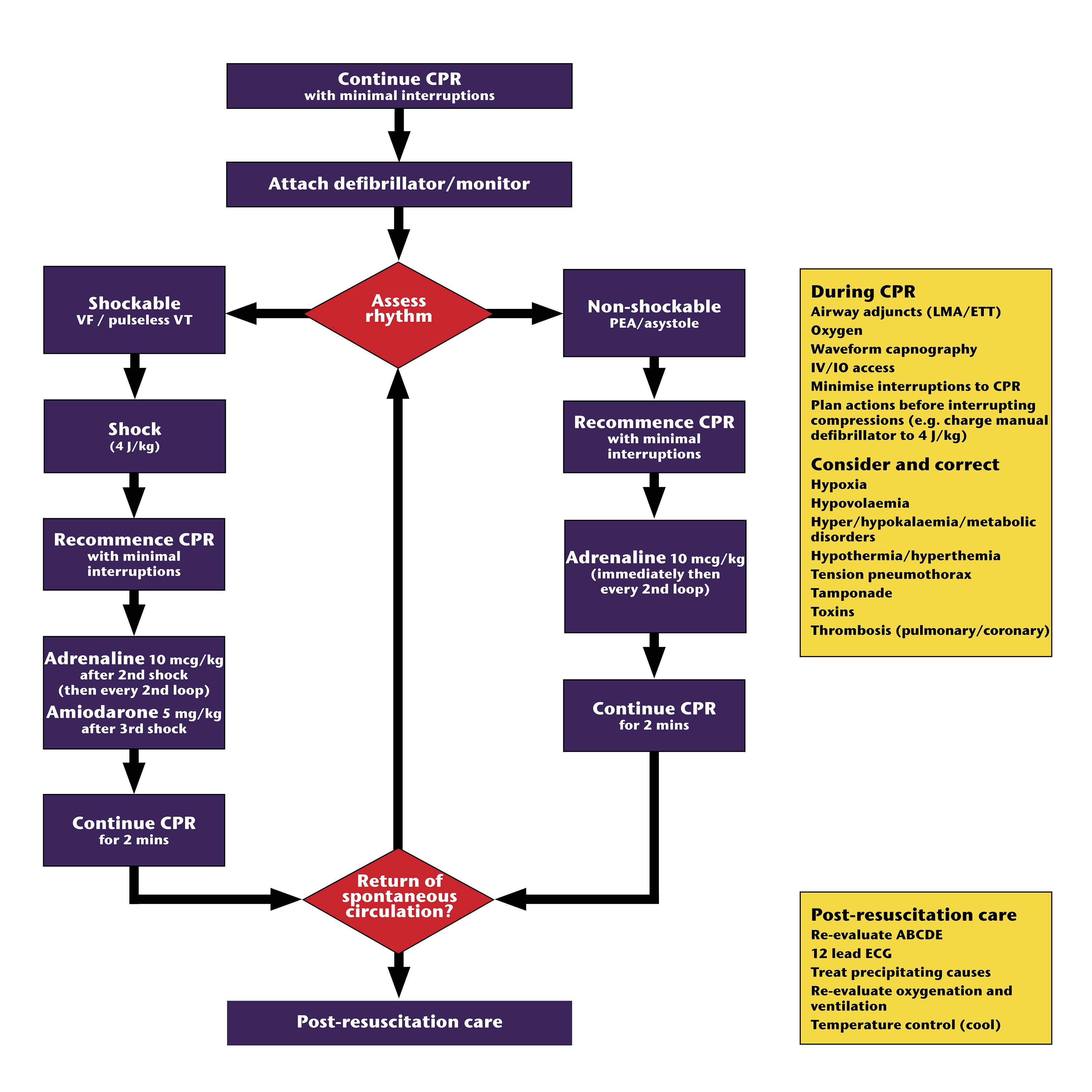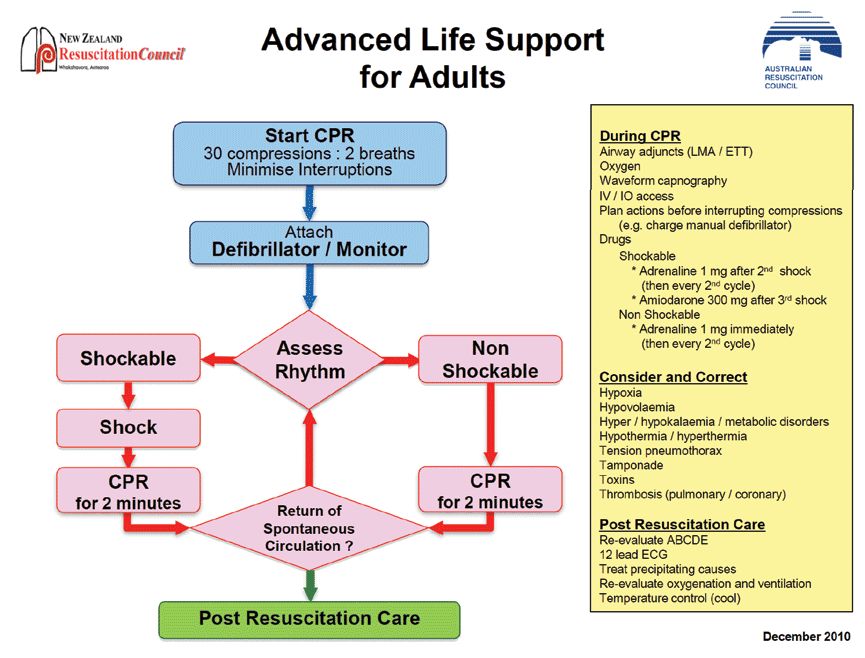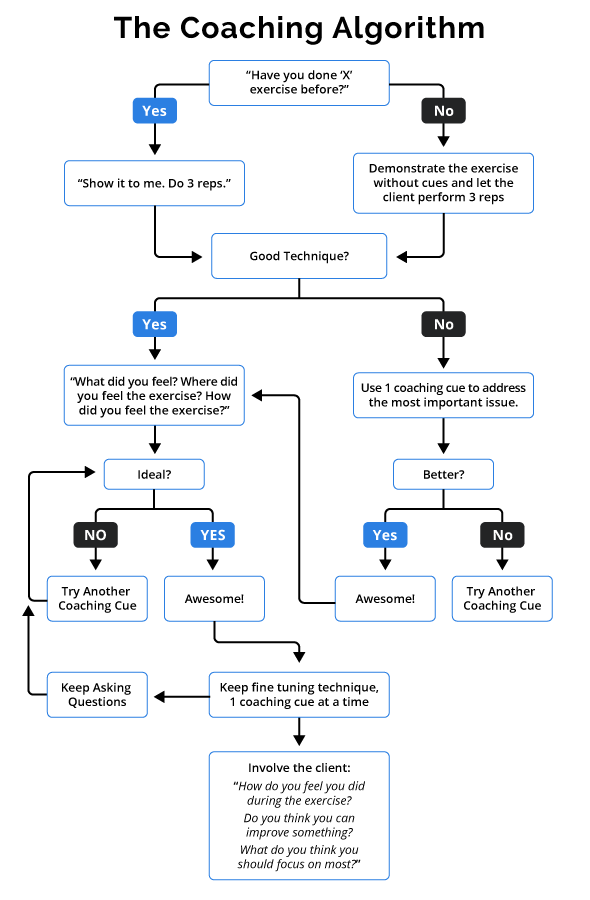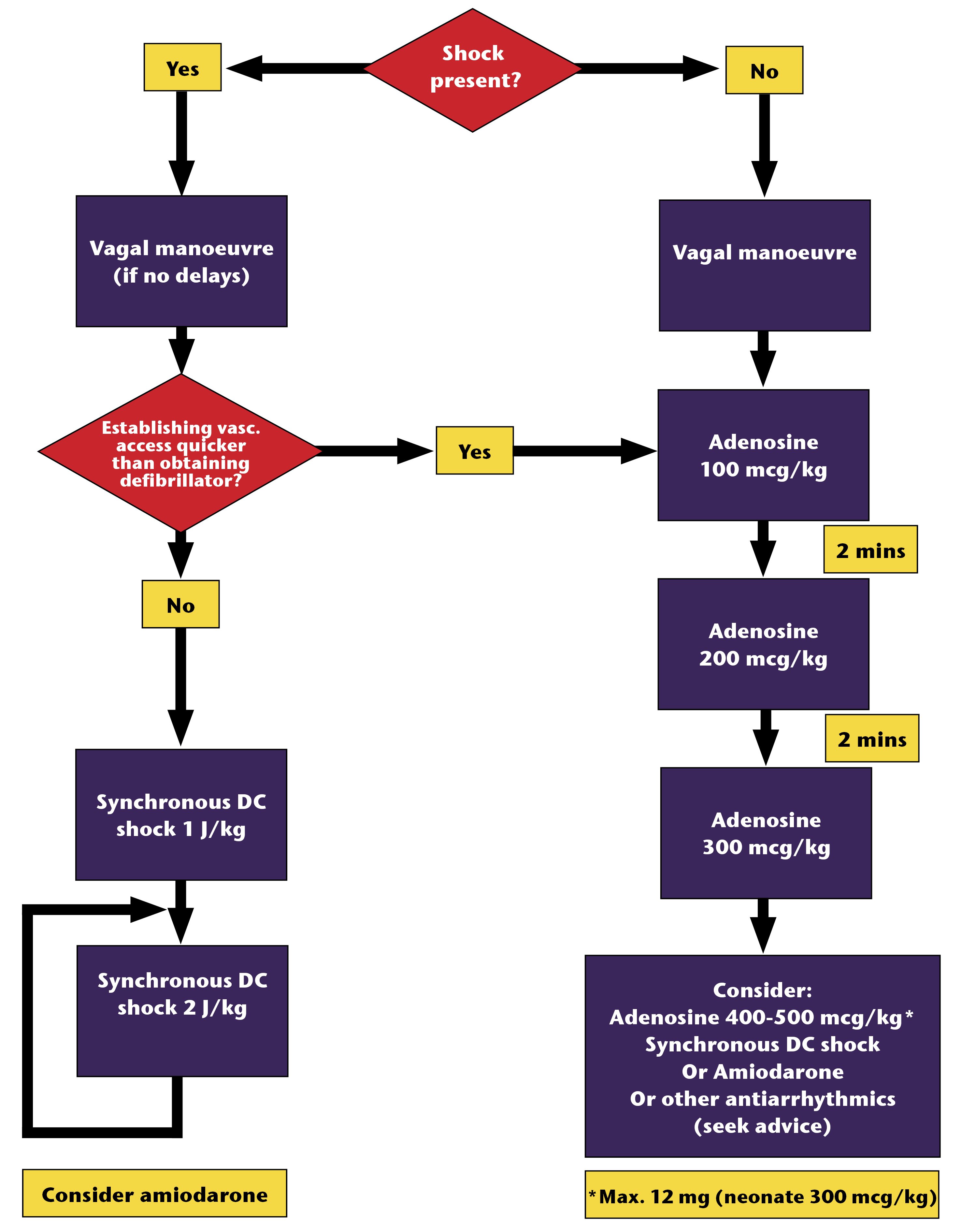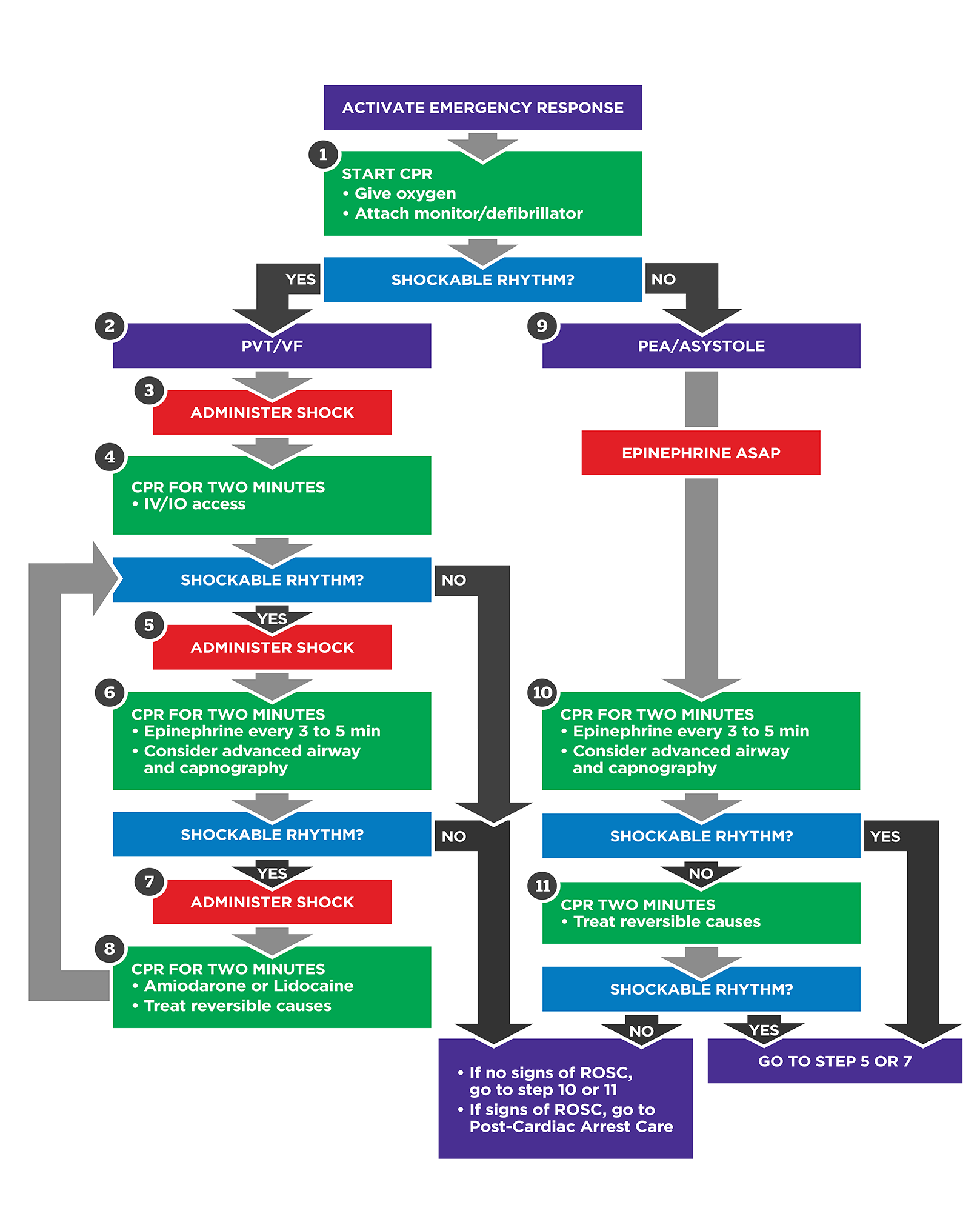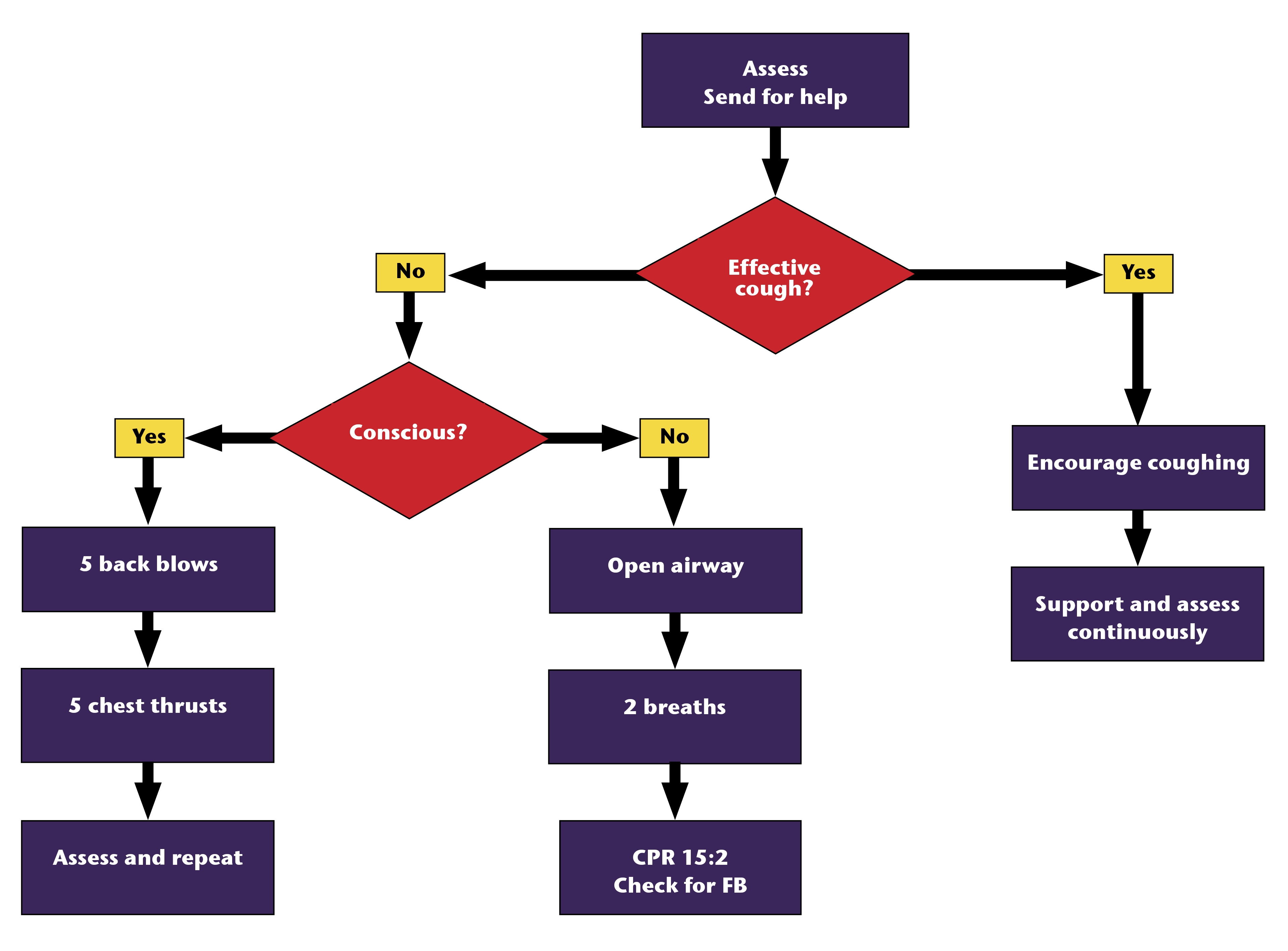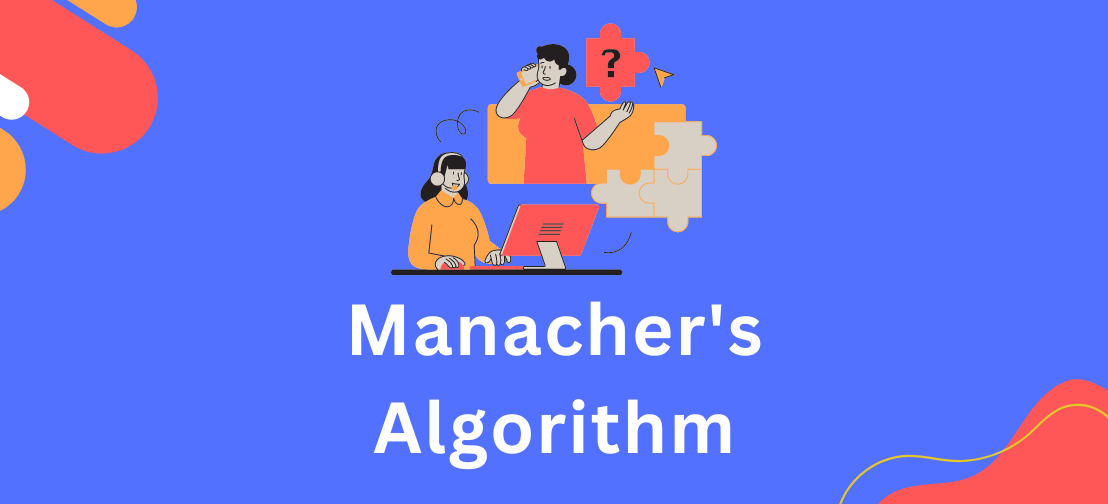Coached Algorithm Australia - The anzcor (australian and new zealand committee on resuscitation) guidelines provide those involved in resuscitation education and. ‘a to g assessment, give oxygen, position your patient, call for help’ (cec, 2014). C c c ompressions continue person in charge of the defibrillator to say, ‘compressions continue’ o xygen away person in charge of the defibrillator. Providers with correct cognitive aid use had a. Cognitive aid was applied correctly in 92 of 109 defibrillations.
Providers with correct cognitive aid use had a. Cognitive aid was applied correctly in 92 of 109 defibrillations. ‘a to g assessment, give oxygen, position your patient, call for help’ (cec, 2014). C c c ompressions continue person in charge of the defibrillator to say, ‘compressions continue’ o xygen away person in charge of the defibrillator. The anzcor (australian and new zealand committee on resuscitation) guidelines provide those involved in resuscitation education and.
Cognitive aid was applied correctly in 92 of 109 defibrillations. The anzcor (australian and new zealand committee on resuscitation) guidelines provide those involved in resuscitation education and. Providers with correct cognitive aid use had a. ‘a to g assessment, give oxygen, position your patient, call for help’ (cec, 2014). C c c ompressions continue person in charge of the defibrillator to say, ‘compressions continue’ o xygen away person in charge of the defibrillator.
Purpose of the ALS Algorithm RCEMLearning India
C c c ompressions continue person in charge of the defibrillator to say, ‘compressions continue’ o xygen away person in charge of the defibrillator. ‘a to g assessment, give oxygen, position your patient, call for help’ (cec, 2014). Cognitive aid was applied correctly in 92 of 109 defibrillations. The anzcor (australian and new zealand committee on resuscitation) guidelines provide those.
Algorithms Paediatric Advanced Life Support
Providers with correct cognitive aid use had a. ‘a to g assessment, give oxygen, position your patient, call for help’ (cec, 2014). C c c ompressions continue person in charge of the defibrillator to say, ‘compressions continue’ o xygen away person in charge of the defibrillator. The anzcor (australian and new zealand committee on resuscitation) guidelines provide those involved in.
Cardiac Arrest Algorithm 2020 Guidelines
The anzcor (australian and new zealand committee on resuscitation) guidelines provide those involved in resuscitation education and. ‘a to g assessment, give oxygen, position your patient, call for help’ (cec, 2014). Providers with correct cognitive aid use had a. C c c ompressions continue person in charge of the defibrillator to say, ‘compressions continue’ o xygen away person in charge.
The Coaching Algorithm The PTDC
C c c ompressions continue person in charge of the defibrillator to say, ‘compressions continue’ o xygen away person in charge of the defibrillator. Providers with correct cognitive aid use had a. ‘a to g assessment, give oxygen, position your patient, call for help’ (cec, 2014). Cognitive aid was applied correctly in 92 of 109 defibrillations. The anzcor (australian and.
(PDF) Controlled by the algorithm, coached by the crowd how HRM
‘a to g assessment, give oxygen, position your patient, call for help’ (cec, 2014). Cognitive aid was applied correctly in 92 of 109 defibrillations. The anzcor (australian and new zealand committee on resuscitation) guidelines provide those involved in resuscitation education and. C c c ompressions continue person in charge of the defibrillator to say, ‘compressions continue’ o xygen away person.
ALS Algorithm Learning This lecture should enable
Providers with correct cognitive aid use had a. ‘a to g assessment, give oxygen, position your patient, call for help’ (cec, 2014). The anzcor (australian and new zealand committee on resuscitation) guidelines provide those involved in resuscitation education and. C c c ompressions continue person in charge of the defibrillator to say, ‘compressions continue’ o xygen away person in charge.
Algorithms SVT
Providers with correct cognitive aid use had a. Cognitive aid was applied correctly in 92 of 109 defibrillations. C c c ompressions continue person in charge of the defibrillator to say, ‘compressions continue’ o xygen away person in charge of the defibrillator. The anzcor (australian and new zealand committee on resuscitation) guidelines provide those involved in resuscitation education and. ‘a.
Acls Cardiac Arrest Algorithm 2024 Sonni Elfrieda
C c c ompressions continue person in charge of the defibrillator to say, ‘compressions continue’ o xygen away person in charge of the defibrillator. Cognitive aid was applied correctly in 92 of 109 defibrillations. ‘a to g assessment, give oxygen, position your patient, call for help’ (cec, 2014). Providers with correct cognitive aid use had a. The anzcor (australian and.
Algorithms The choking child
The anzcor (australian and new zealand committee on resuscitation) guidelines provide those involved in resuscitation education and. C c c ompressions continue person in charge of the defibrillator to say, ‘compressions continue’ o xygen away person in charge of the defibrillator. Cognitive aid was applied correctly in 92 of 109 defibrillations. Providers with correct cognitive aid use had a. ‘a.
Manacher's Algorithm
Cognitive aid was applied correctly in 92 of 109 defibrillations. C c c ompressions continue person in charge of the defibrillator to say, ‘compressions continue’ o xygen away person in charge of the defibrillator. ‘a to g assessment, give oxygen, position your patient, call for help’ (cec, 2014). Providers with correct cognitive aid use had a. The anzcor (australian and.
C C C Ompressions Continue Person In Charge Of The Defibrillator To Say, ‘Compressions Continue’ O Xygen Away Person In Charge Of The Defibrillator.
The anzcor (australian and new zealand committee on resuscitation) guidelines provide those involved in resuscitation education and. Providers with correct cognitive aid use had a. Cognitive aid was applied correctly in 92 of 109 defibrillations. ‘a to g assessment, give oxygen, position your patient, call for help’ (cec, 2014).

